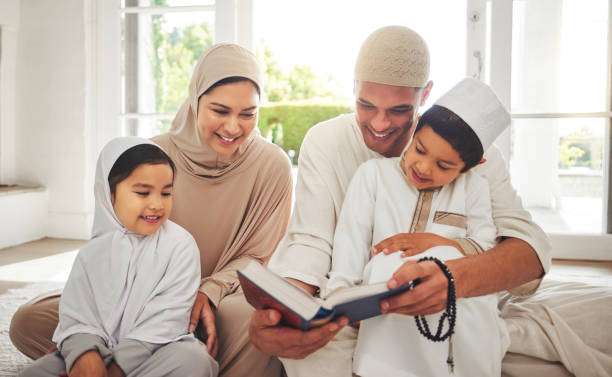Islam holds children in high regard, considering them precious gifts to the world. This perspective translates into a core principle within Fikih Perlindungan Anak (Child Protection Fiqh): justice for all children. Regardless of gender, every child deserves equal rights and fair treatment.
In Islam, justice signifies granting rights to those who rightfully deserve them, following established principles. This concept is fundamental to Islamic teachings, especially when it comes to protecting children. The Quran itself emphasizes the importance of justice in Surah al-Maidah verse 8: “Be just! That is closer to righteousness.”
Within the context of child protection, justice translates to providing children with their rightful entitlements. These include access to education, affection, and other essential needs. Additionally, it means assigning responsibilities that are appropriate for their age and capabilities. Fairness extends to emotional well-being as well. All children deserve to be loved equally, with rewards and punishments distributed without discrimination.
Prophet Muhammad (PBUH) further reinforced the importance of justice in granting children their rights. A Hadith narrated by Muslim tells the story of Nu’man bin Bashir, who received a gift from his father. His mother, Amrah binti Rawahah, objected until Prophet Muhammad witnessed it. When the father sought the Prophet’s approval as a witness, the Prophet inquired whether all the children received similar gifts. Upon learning of the unequal treatment, the Prophet instructed the father to act with piety and ensure fairness among all his children.
Discrimination against children, particularly based on gender, is strongly condemned in the Quran. This practice was prevalent in pre-Islamic Arabia. Surah an-Nahl verses 58-59 clearly state that differentiating treatment between boys and girls is a reprehensible act. Prophet Muhammad himself exemplified this principle, reprimanding a man who favored his son over his daughter. He emphasized the importance of treating both children equally.
The Islamic emphasis on justice for children goes beyond fulfilling their rights. It’s a pathway to piety and aligns with Islamic noble values. In today’s complex world, protecting justice for all children is crucial for building a more just and civilized society. This commitment to fairness ensures a brighter future for all children, fostering a world where every child can reach their full potential.
Reference:
Pimpinan Pusat Muhammadiyah. (2024). Fikih Perlindungan Anak. In Muhammadiyah: Nomor 03/2022–2027/Syakban 1445 H/Februari 2024. Gramasurya.







